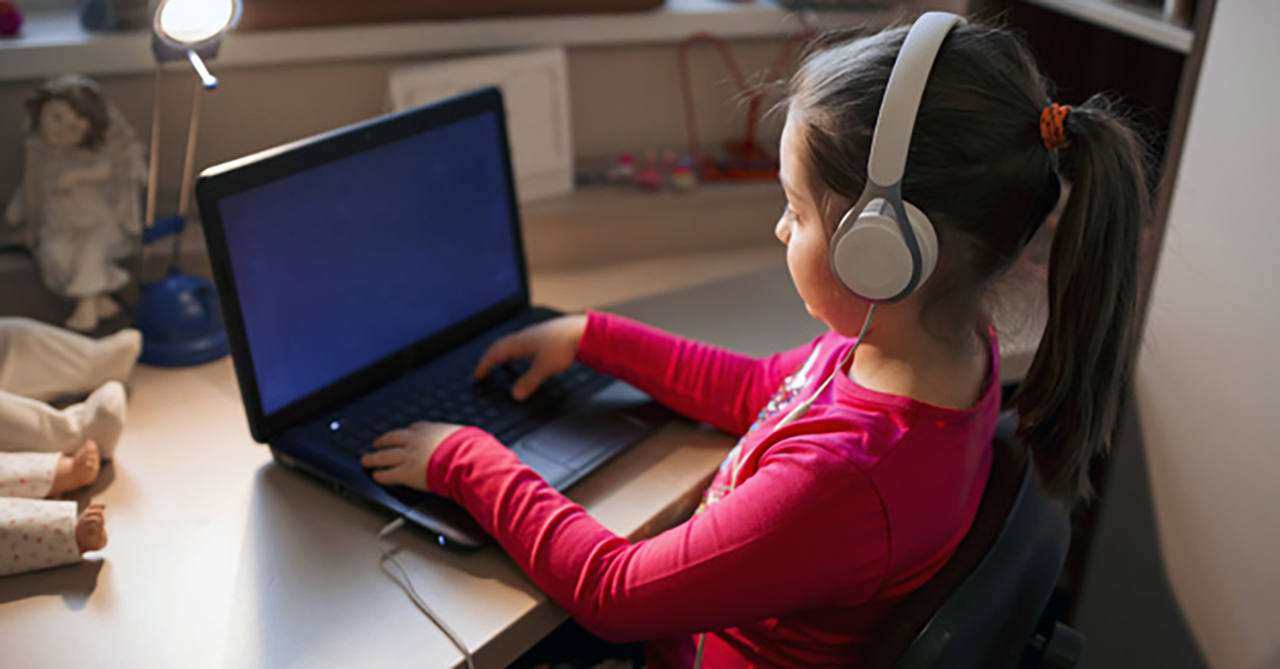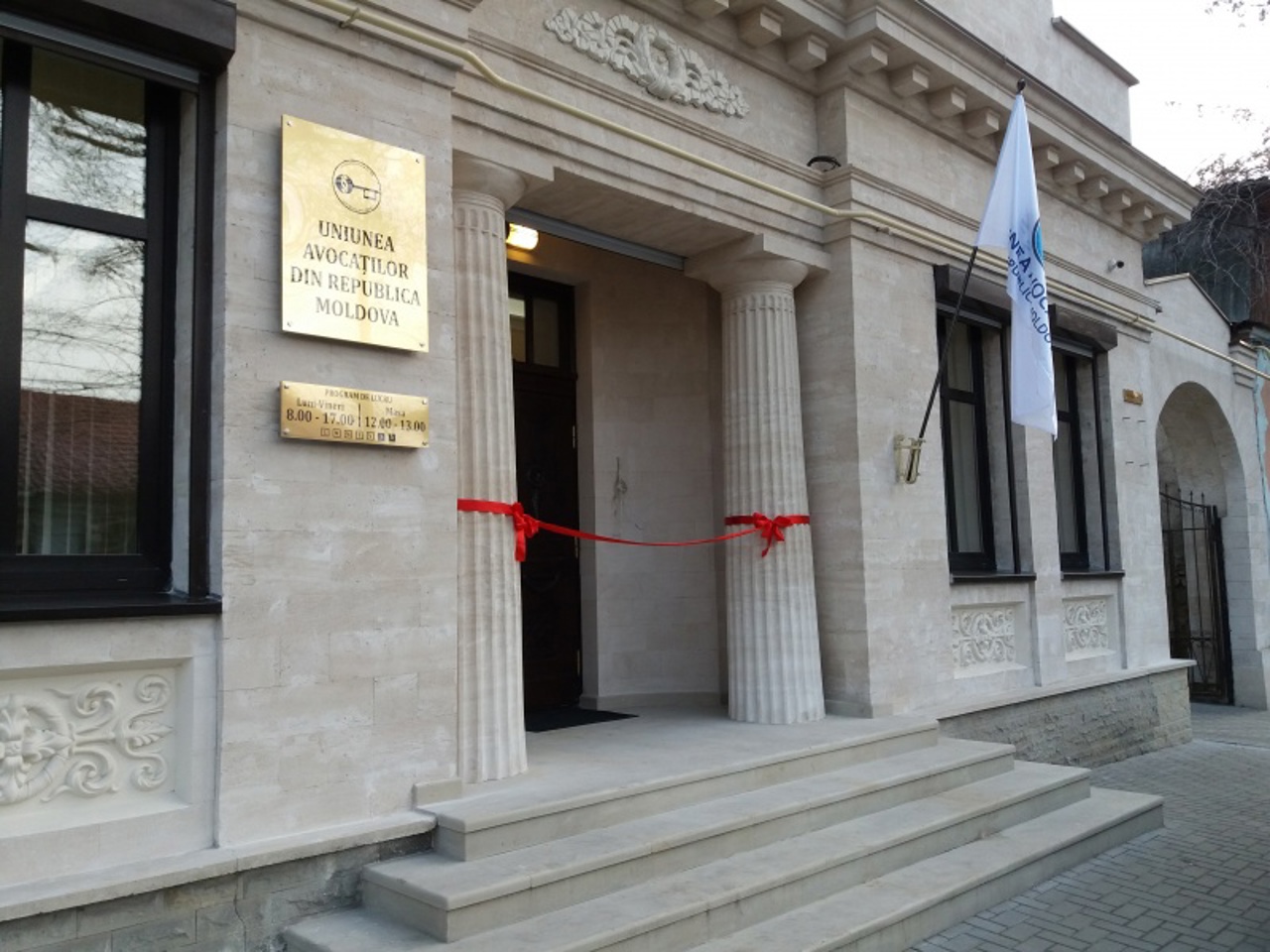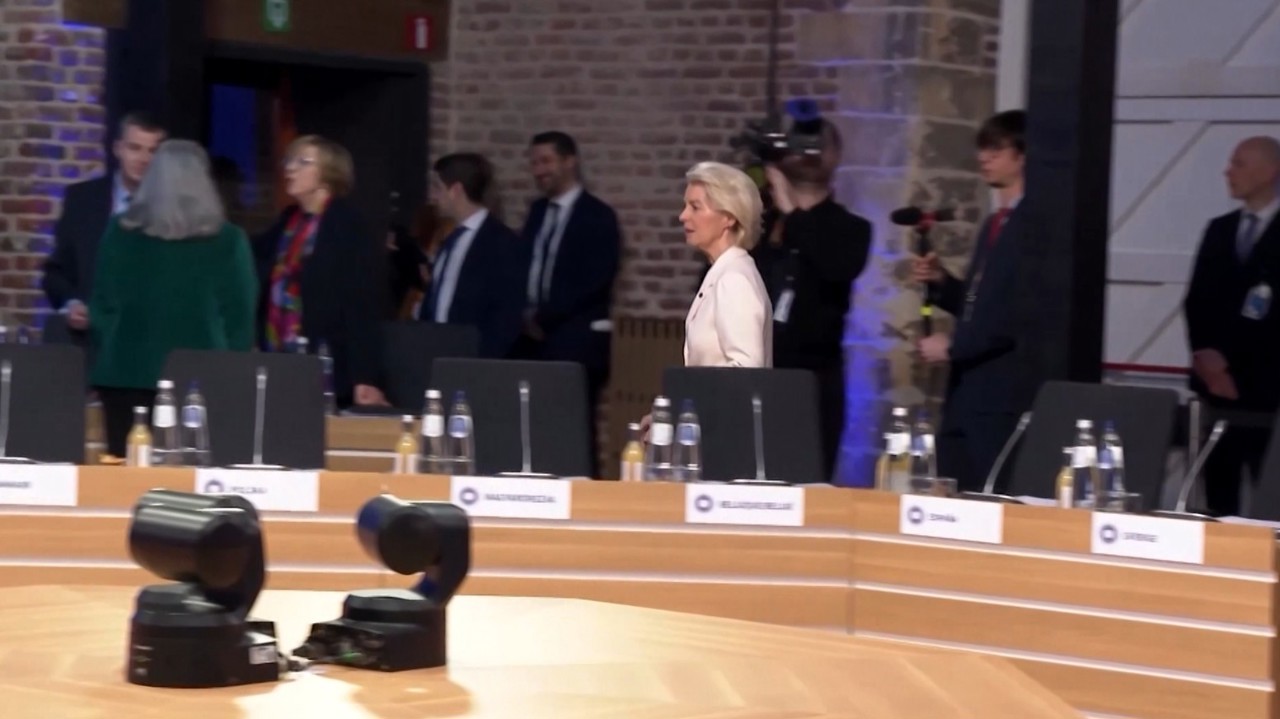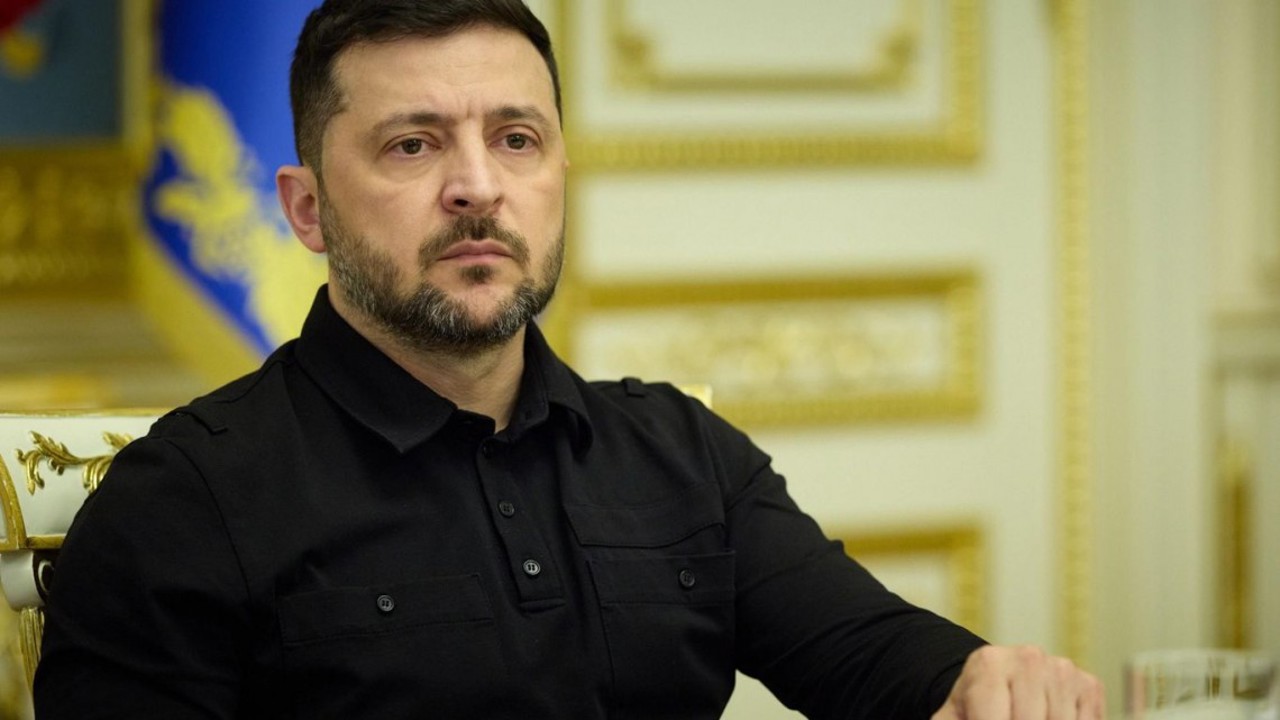Children in Moldova face growing online risks; authorities pledge protective measures

About 60 percent of children in the Republic of Moldova have faced risky situations online. This issue is growing not only in our country but is also a global concern, driven by advancements in technology. The authorities are focusing on this problem; last year, they approved an action plan aimed at better protecting children from the dangers associated with Internet use.
Every tenth child in the Republic of Moldova knows nothing about the dangers of the digital environment, and more than half have encountered risky and unpleasant situations online, says Veronica Maievschii, the director of the Children’s Program at the La Strada Center.
Uninformed children are more vulnerable to online risks. They often don’t know what these dangers are or how to identify them. While the Internet has many advantages, it has several risks, including exposure to harmful content, illegal material, and communication with unknown individuals. The rapid development of the Internet makes it difficult for children to comprehend and recognize these dangers. One of the most effective methods of prevention is education, particularly family education. Just as you teach your child how to cross the street, you should also discuss the dangers of the online environment with them.
Both parents and teachers bear the responsibility for informing children about the risks associated with online exposure, according to Diana Miron, an Adolescent Development Officer at UNICEF Moldova. She notes that children in our country have access to phones at an increasingly younger age, which heightens their vulnerability to online dangers.
"We conducted a study on the barriers that children and young people face when seeking help and why they often do not reach out. The data from this study is truly alarming. In many cases, over 30% of children feel ashamed, intimidated, or lack trust in the adults they should turn to for help. Additionally, there is a very low level of understanding among them regarding the mechanisms and methods for reporting abuse," Miron explains.
Children who have experienced online sexual abuse can receive emotional support from the La Strada Center. Veronica Maievschii highlights that this support is crucial, as victims may feel blamed and guilty about their situations.
"We accompany the child from the initial stage of reporting and filing a complaint through to the court's decision. During these situations, the child needs support and reassurance, as online abuse can be even more traumatic than offline abuse," she emphasizes.
Addressing online safety requires a comprehensive approach that includes education, awareness, and the involvement of authorities, the private sector, and academic organizations. This integrated strategy is being proposed by the Ministry of Education, says Angela Prisăcaru, main consultant in general education.
"This set of actions aims to provide a more effective approach to cases of online abuse, enhance children's digital skills, and develop their critical thinking to help them navigate the online environment safely. The effort to equip children with the skills and knowledge needed for safe online navigation is not new; it has been ongoing for over 10 years. We conduct various campaigns, train teachers, school psychologists, and engage in activities with parents and children. We also educate teachers on how to handle this topic appropriately when they encounter it," Prisăcaru adds.
Among the actions approved for implementation until 2026 are the organization of information campaigns about the online risks minors may face, as well as the promotion of services for reporting incidents of online violence.





